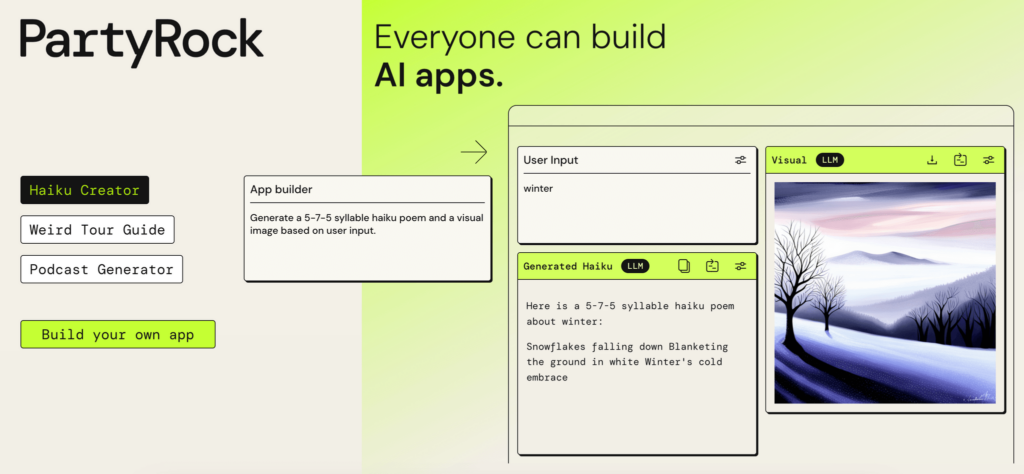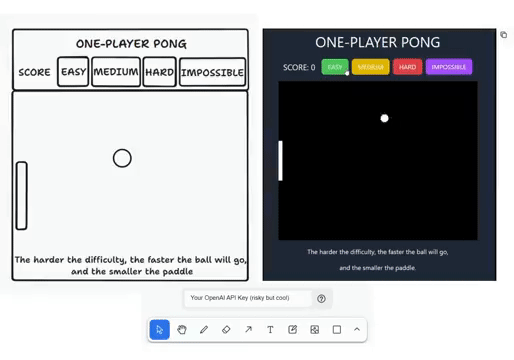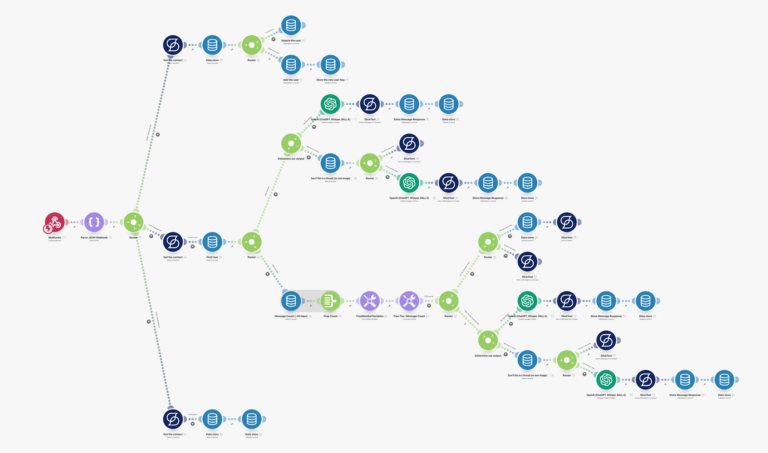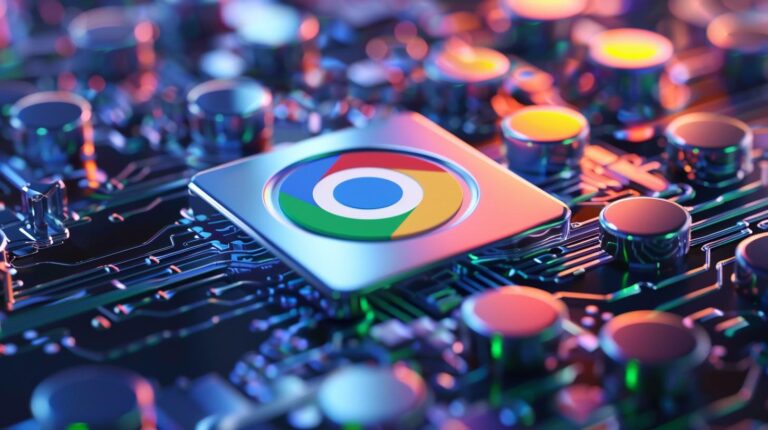01: OpenAI’s Wild Weekend

Last Friday drama unfolded at OpenAI in a bigger way than your favorite Netflix drama, and -no one- saw it coming. The Board of Directors that governs OpenAI abruptly and publicly fired Sam Altman, [now former] CEO of OpenAI, and installed CTO Mira Murati as its interim CEO, citing a ‘change in leadership.’
Tech Twitter lost its mind.
There was confusion, public support by the OpenAI team, a shakeup of opinions with the Board, Satya’s (Microsoft CEO) involvement, and countless narratives swirled over the weekend.
As of sending this, here’s the latest:
- Emmett Shear 🔗 – Cofounder of Twitch, will be the new interim CEO of OpenAI – ousting previously appointed interim CEO Mira.
- Sam Altman & Greg Brockman 🔗 – Join Microsoft to lead a new advanced AI research team.
- Approx 90% of Employees Revolt 🔗 – Demanding the resignation of the Board, including Ilya, who openly admitted to supporting this in the first place and vowed to do whatever it took to fix it.
After spending the weekend following and thinking about all of this, taking in various perspectives, and thinking through last year’s “ChatGPT” hype, here’s my opinionated take:
The company faced a conflict of interest between the CEO, Sam, and the Board of Directors led by Ilya. While Sam wanted to grow the company quickly by generating more funding through subscriptions with ChatGPT, API fees, leading massive funding rounds, etc., the Board and Ilya, being a scientist, wanted to prioritize research and developing advanced AI without the added pressure of public scrutiny and commercialization.
One of the significant points of disagreement was the allocation of computing resources. The company’s expansion towards ChatGPT and DALL-E required more commercial operations resources, detracting from research efforts. The finite resources strain the company’s focus, as a research lab would prefer using these resources for AI development.
Adam D’Angelo took it personally when Sam launched GPTs at Dev Day, which just about wipes out his startup’s core feature (Poe) off the map. Then, as Sam announced new user features and integrations, the Board and Ilya became increasingly concerned about the company’s shift towards commercialization over research, trading publicity, and profit for progress. While both Ilya and Sam were committed to what they believed was best for the company, their visions for its direction were fundamentally different, leading to a conflict that exploded on Friday.
—
Since this situation continues to evolve, I’ll be updating my Slack community on the latest and what it means for small businesses, those using ChatGPT, and the APIs as they develop. And for significant changes to the ecosystem you can trust, I’ll cover them here.
02: Time to rock with AWS

A new service from AWS is making waves in the realm of generative AI, and it’s built to be fun and simple out of the box. At its core, AWS PartyRock, part of Amazon Bedrock, is changing how we approach app development. It offers a platform where even those without programming knowledge can build apps.
By simply describing an app, PartyRock leverages AI to turn that description into a functioning product. This opens up possibilities for small businesses that previously might have been discouraged by traditional app development’s technical complexities and costs.
And it’s fun. I created a few apps, just by typing out what I wanted to happen and it built all the prompt chains and workflow for me. These are special and here’s why:
Ease of Access and Use: Small businesses often need more resources, including staff and technical expertise. PartyRock removes these barriers, allowing even solo entrepreneurs to bring their app ideas to life without the need for deep tech skills.
Cost-Effective Innovation: Developing an app through traditional means can be costly, often requiring a significant investment in software developers. PartyRock circumvents this, potentially leading to substantial cost savings for small businesses.
Rapid Prototyping and Market Testing: The speed at which apps can be created using PartyRock means small businesses can quickly test out new ideas and concepts in the market, helping them to innovate and adapt rapidly to changing customer needs and market trends.
Customization and Flexibility: As PartyRock evolves, it promises access to a range of AI models and features, allowing for greater customization and flexibility in app development. This means businesses can tailor their apps more closely to their unique needs and customer preferences.
Learning and Growth: Beyond just app creation, PartyRock provides an opportunity for small business owners and their teams to learn about AI and its applications. This knowledge can be invaluable as AI becomes increasingly prevalent in various business processes.
Sounds fun, right?
PartyRock is poised to add more features and widgets continually. This constant evolution ensures that small businesses using the platform can stay on top of the curve, adapting and growing alongside these advancements.
03: AI Makes It Real

The more I speak to the possibilities of AI, the more often I meet entrepreneurs exploring what AI can do for their businesses as they re-think what’s possible. Last week, I held a consult with the owner of a website hosting platform. She was interested in how AI could improve her platform’s services and was thinking about my take on what could give her the competitive advantage of adding AI to her product suite.
I pulled up a demo that “shouldn’t” be possible.
Imagine drawing a layout for a website on paper or sketching a concept in your notebook, wanting to convert it to full, working code. AI can take that drawing and convert it into a working prototype in just a few seconds. It’s not just about making things more accessible; it’s about turning ideas into reality fast.
Take a test drive of makereal.tldraw.com 🔗 and see it in action.
Together, we prototyped a layout, and in a matter of minutes, it was a real, functional, responsive site. In fact, the GIF above shows what happens when you do the same concept as a game. The technology now is so robust and accurate that it opens *huge* doors for you to consider in your business.
For my designers and product people, someone made a demo doing the same with Figma 🔗 as well.
This AI tech is a big step forward in how websites, games, and concepts are made, especially in the early stages of conception. It’s about using technology to bring creative ideas to life.
We’re moving into a time when being creative and innovative faster than everyone else gives a business an unfair advantage, and AI is the tool that’s making it happen.


